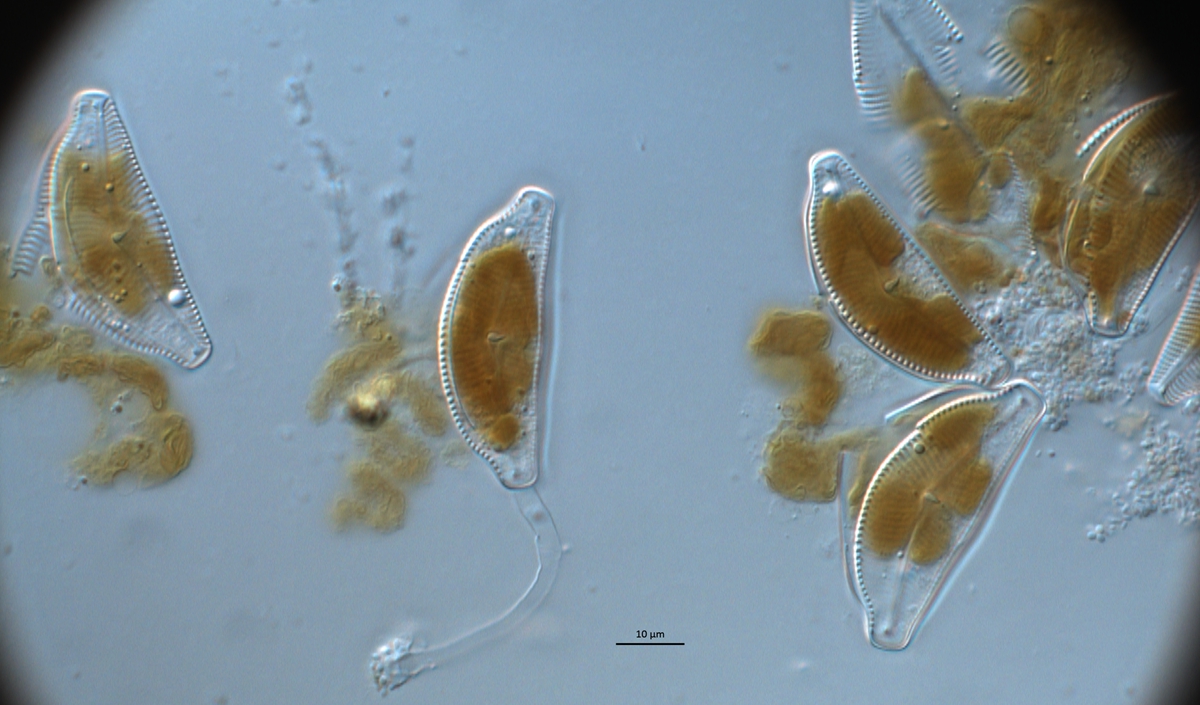
Newsroom
Benthic algae play a vital role in element and energy cycling, because they are the most important primary producers, and they are also sensitive to the environmental parameters in watershed.
Researchers from the Wuhan Botanical Garden of the Chinese Academy of Sciences, the Australian Rivers Institute, the Griffith University, and the Northern Arizona University have studied the responses of benthic metabolism to environmental attributes at the habitat, reach, and catchment scales in South East Queensland, Australia.
They found that most of the variation in gross primary production (GPP), the respiration and net daily metabolism (NDM) could be explained by photosynthetic photon flux density in riparian zone, total phosphorus in water, water temperature, and the percentage of land use, i.e., mid-dense forest in the upstream.
Structural equation modeling indicated that diatom density was the most important predictor of GPP and NDM. In comparison, the use of Chlorophyll a biomass as a surrogate parameter for GPP measurement was only valid when diatoms percentage were greater than 75% of the benthic algae community.
These findings revealed that both the structure and function of benthic algal communities were sensitive to anthropogenic modifications (riparian vegetation and forest cover) in river ecosystems.
In addition, the diatom density can be good surrogate indicator of ecosystem process measurement in subtropical streams, which will be helpful in river health monitoring and assessment.
This study was published in the journal Hydrobiologia and was supported by the National Natural Science Foundation of China and a scholarship from Griffith University, Griffith School of Environment in Australia.

Cymbella tumida (Brébisson) van Heurck 1880. (Image by TAN Xiang)
